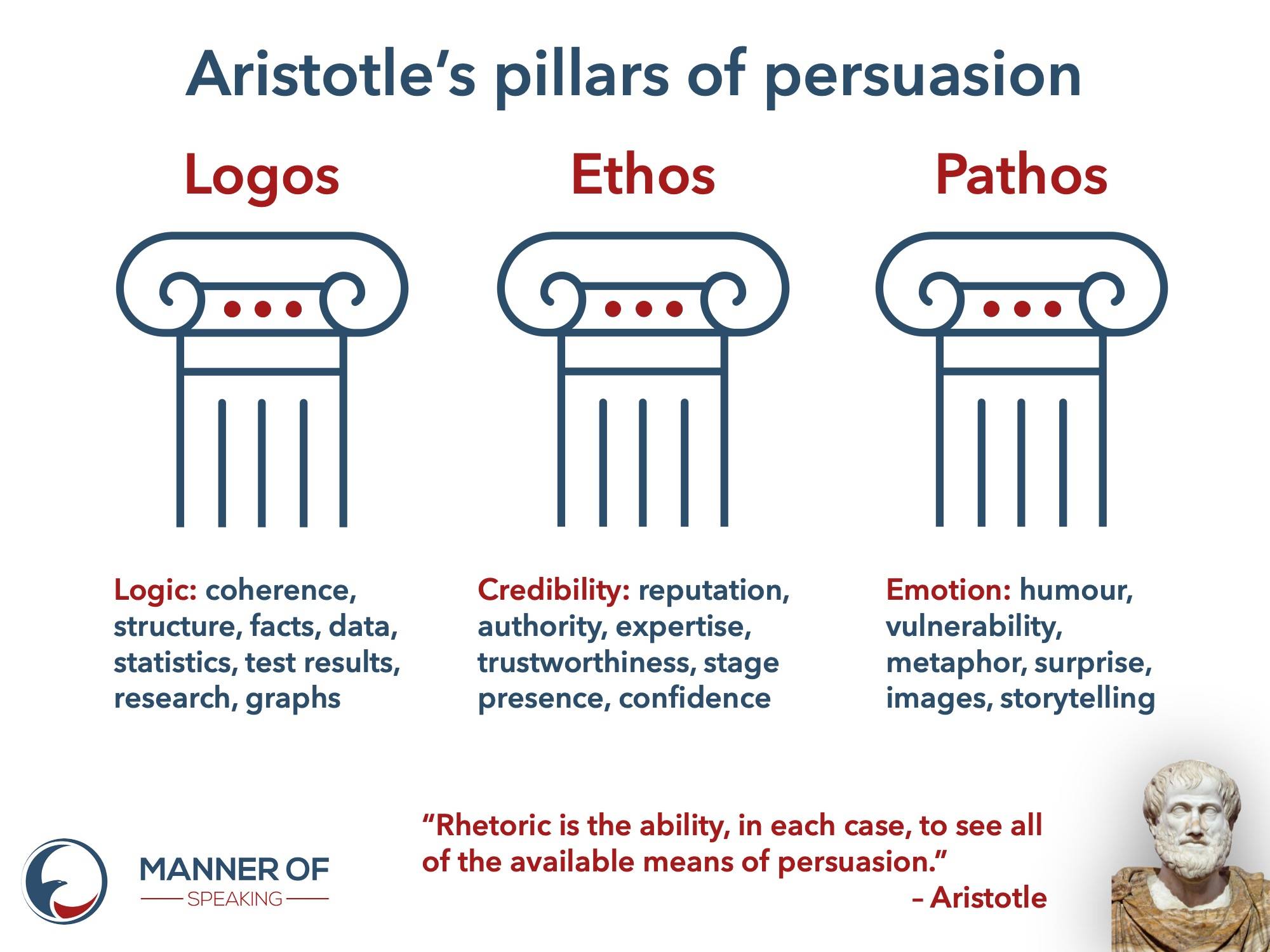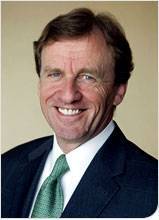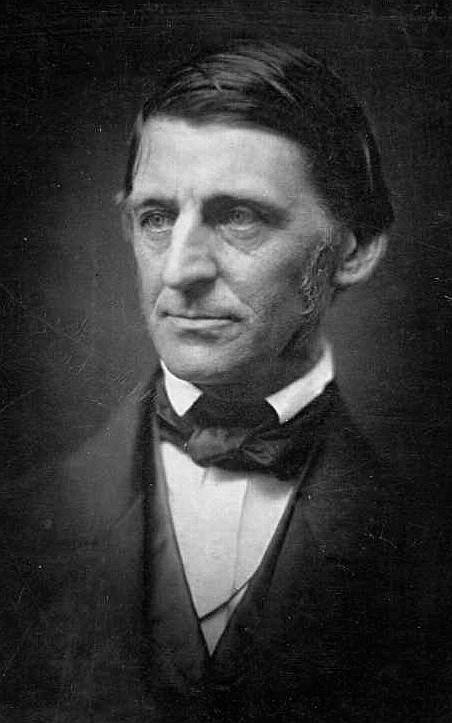Aristotle’s pillars of persuasion

More than 2,300 years ago, Aristotle wrote Rhetoric, considered by many to be the Bible of persuasive speaking. For Aristotle, rhetoric was “the ability, in each case, to see all of the available means of persuasion”. There are many means by which you can persuade your audience of something, but they all fall into one […]
The importance of a first step

If the purpose of your presentation is to persuade the audience to do something, getting them to take a small, simple first step is one of the most important things that you can do to achieve your ultimate objective.
Lessons from Senegal – Part 1

I recently had the privilege of traveling to Dakar, Senegal. There I worked with 30 officials from the United Nations (in French) to help them improve their public speaking and presentation skills. These men and women are doing important work in often difficult conditions all over Africa. It was a privilege for me to be […]
"This Moved Me" Podcast: My Interview with Sally Koering Zimney

Sally Koering Zimney is a presentation coach, speaker, writer and host of the podcast, This Moved Me. She works with speakers and develops event programs. She also speaks to groups of people, helping them share their stories and move their audiences. Sally and I “met” on social media and have stayed in touch for a long time, sharing […]
Quotes for Public Speakers (No. 160) – Allan Rock

“The art of advocacy is the art of persuasion. And persuading the tribunal should motivate everything counsel does. In order to be persuasive, counsel must be credible, so conceding the obvious is always important. “To be persuasive, counsel must know the case thoroughly so careful preparation is fundamental. An argument is persuasive if it is […]
Rhetorical Devices: Introduction

Rhetoric is the art of using language with persuasive effect. Aristotle wrote the classic book on the subject, On Rhetoric, in the 4th century BC. For centuries, the study of rhetoric—the ability to speak in public and to move audiences with logic, emotion and credibility—was an important component of many educational systems. Many of the rhetorical devices […]
Analysis of a Speech by Philip K. Howard

Philip K. Howard is a lawyer from New York and author of the books The Death of Common Sense, The Collapse of the Common Good and Life Without Lawyers. One of his great concerns is the manner in which his country, the United States, has become paralyzed by the proliferation of laws and lawsuits, and by the pervasive threat of litigation. […]
Quotes for Public Speakers (No. 10) – Ralph Waldo Emerson

“Speech is power: speech is to persuade, to convert, to compel.” Ralph Waldo Emerson
Tagged persuasionpublic speakingquotesRalph Waldo Emersonspeech is power














